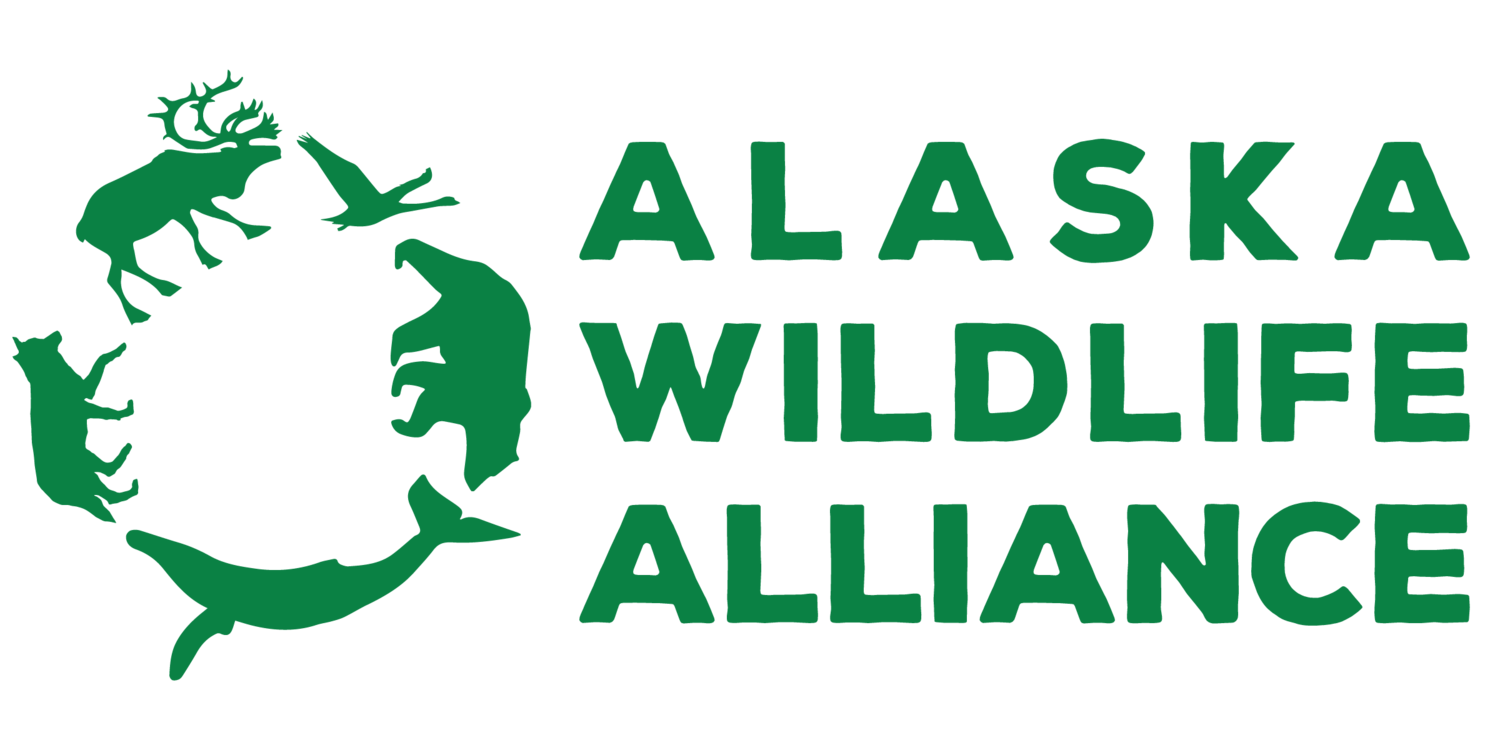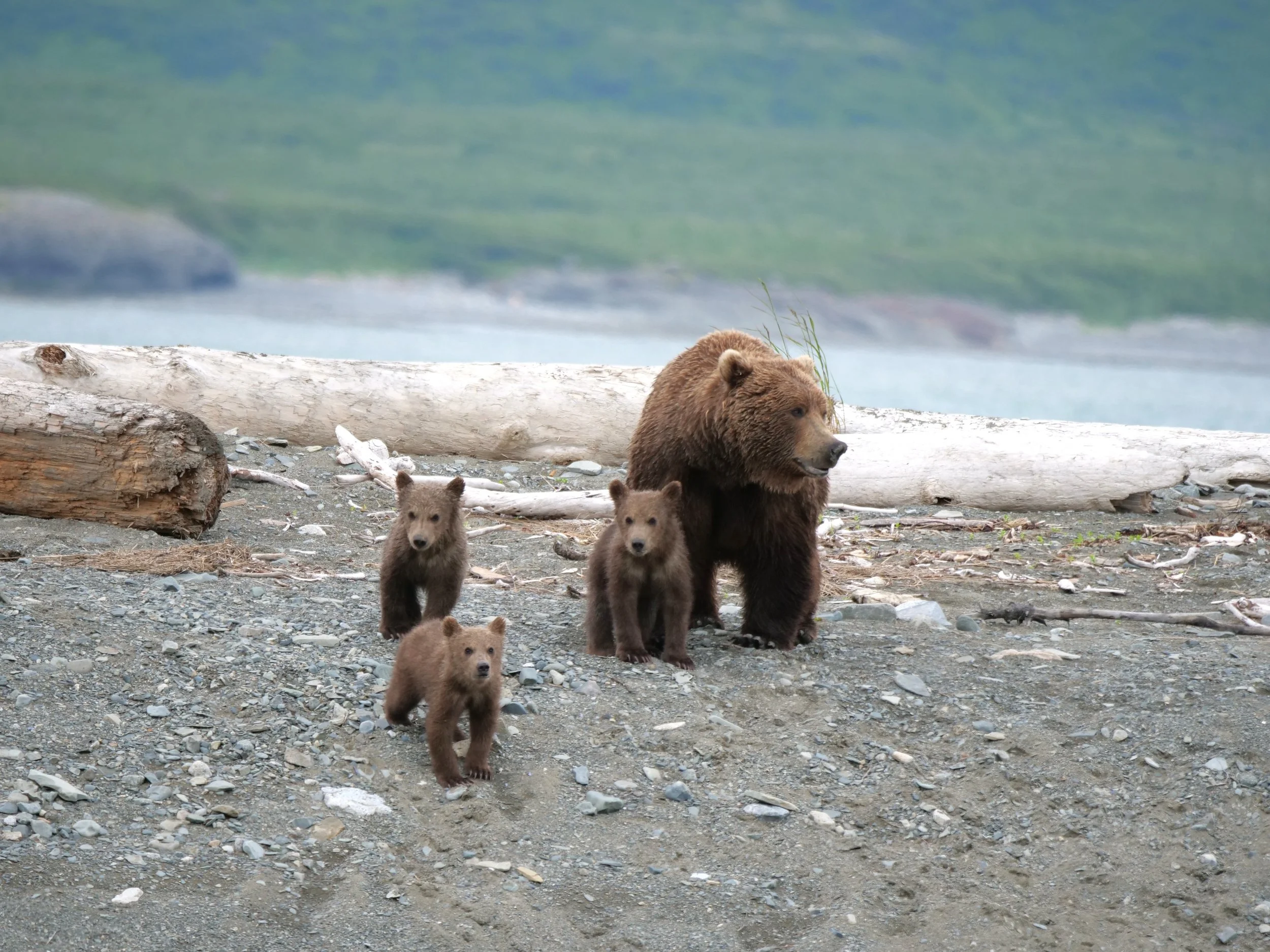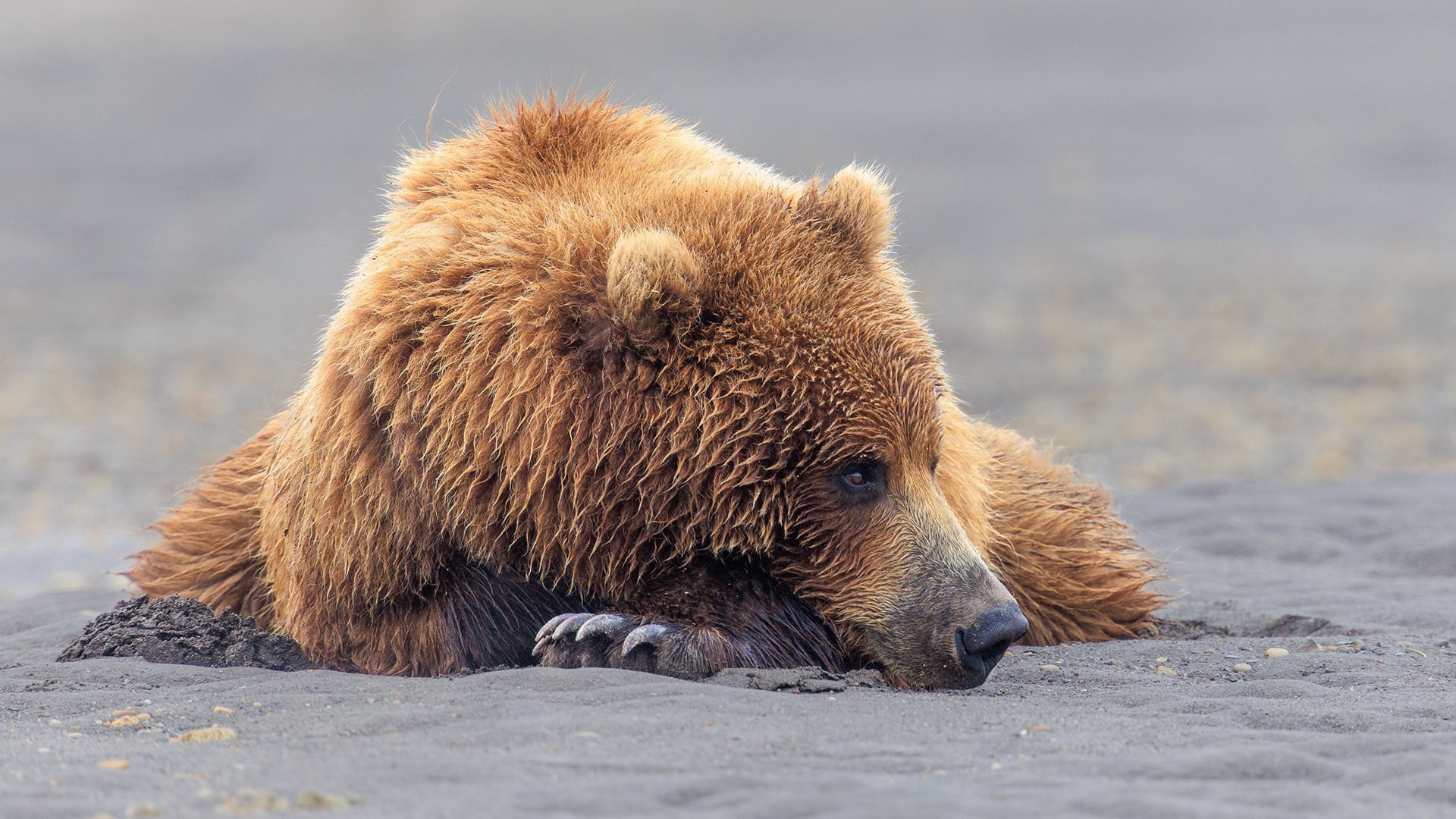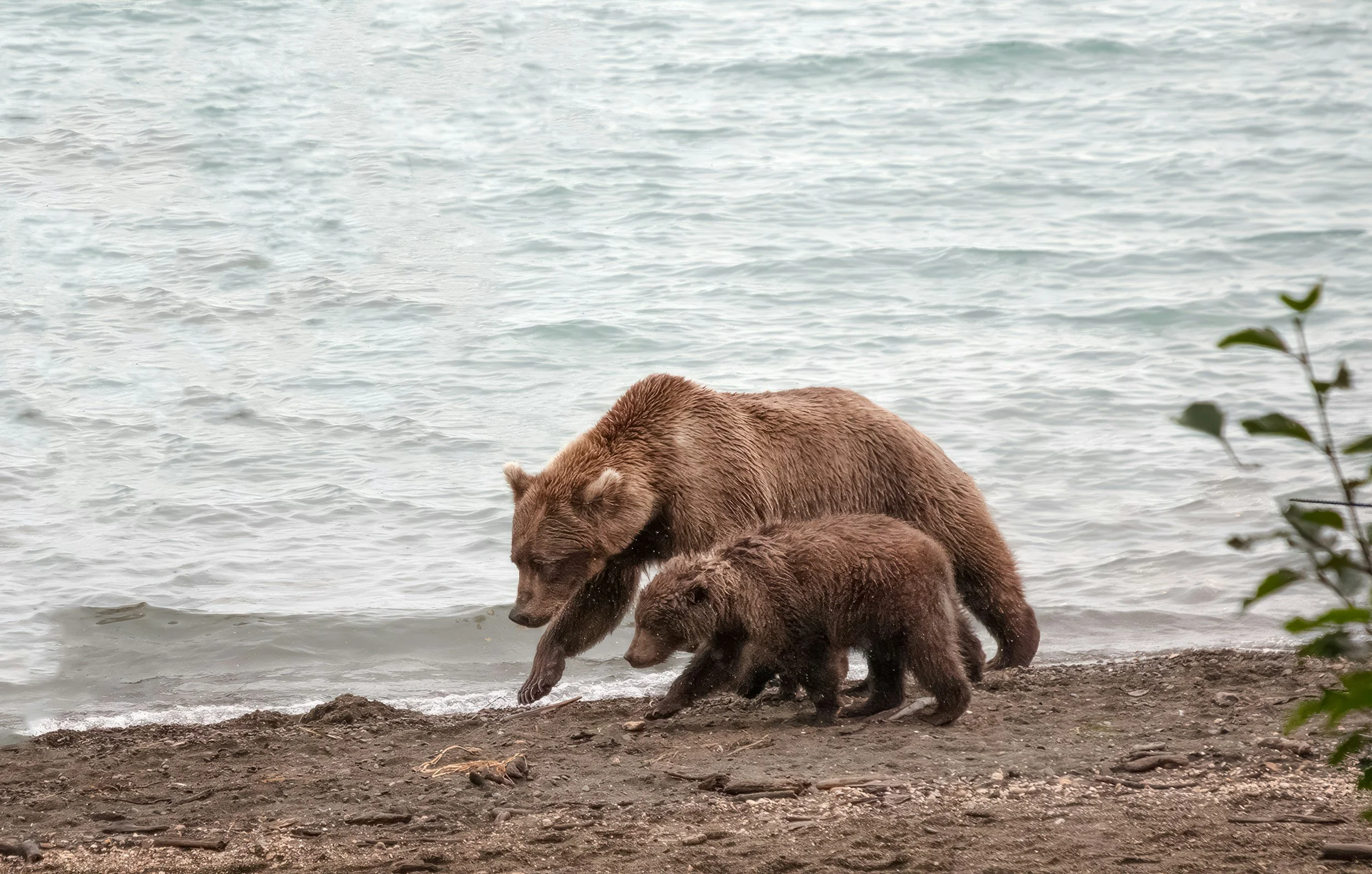Photo by Janet Pierce, taken in Resurrection Bay in Seward, AK
Voices for Alaska’s Wildlife
Alaska’s wildlife doesn’t have a voice in the decision-making processes that directly affect them. We engage with the public to rally a collective voice for wildlife, bringing the interests of species to the management table. The Alaska Wildlife Alliance can also be your voice for promoting an ethical, ecosystem approach to wildlife management, ensuring that wildlife populations are sustainably managed for future generations to enjoy. Together, it is our responsibility to be the voices for wildlife and influence favorable decisions.
Take a look at some of our recent Voices for Wildlife work:
EDUCATION AND CITIZEN SCIENCE
Alaska boasts the most diverse array of wildlife species in the country, and we want to share these wonders with you. Our initiatives educate communities on wildlife issues across the state so they may be better equipped to enjoy and protect them. We also offer community science projects where Alaskans can be a part of the research to protect wildlife. Our education and outreach activities center around four core programs: Wildlife Wednesdays, Bears, Birds, & Beers wildlife walks, citizen science, and additional events.
Our Goals
PromotE ethical management practices
The State of Alaska has allowed an increasing number of liberalized and unethical methods of hunting and trapping wildlife that focus on predator reduction, or intensive management. We believe in an ecosystem approach to management and advocate for more creative, sustainable management policies that do not exploit predators.
Photo by Johnny Johnson
EncouragE public participation in the decision-making process
Together, we are voices for wildlife. We identify opportunities for public engagement in wildlife decision-making processes and provide information that helps you to make an informed decision on wildlife management policies. Click below to learn how you can get involved in the process on a current wildlife issue today.
Establish fair representation on the Alaska Board of Game
The Board of Game makes all the decisions on state wildlife hunting and trapping regulations, but is politically-appointed. In recent years, the Board’s focus has strongly shifted to representing the interests of a few consumptive users, such as sport hunters, guides and trappers, while virtually eliminating a voice for Alaska Natives and non-consumptive users. We work to ensure that the state’s leading wildlife management authority includes representatives from all categories of wildlife users— not just a select few.
protecting Habitat
In order to have functioning ecosystems, we must conserve the habitat upon which our iconic wildlife species depend. We defend against anthropogenic threats that result in the degradation, fragmentation, or destruction of wildlife habitats.
Learn how to be your own voice for Alaska’s wildlife through this video, which teaches you how to speak up for wildlife at Alaska’s Board of Game. Made in partnership with the Chugach Regional Resources Commission and with generous funding from First Nations Development Institute.



































